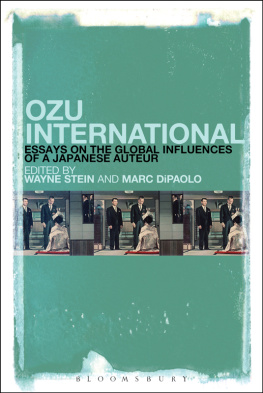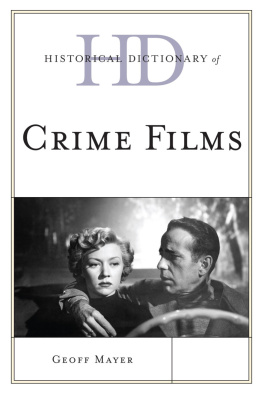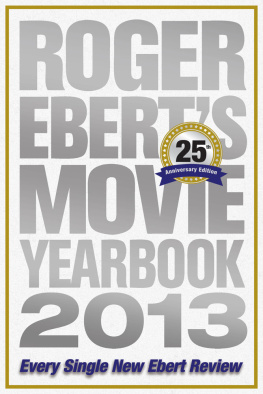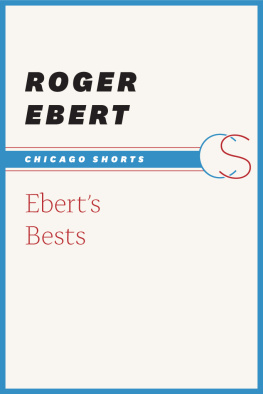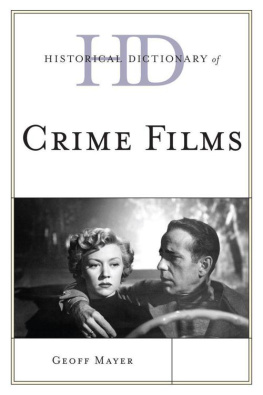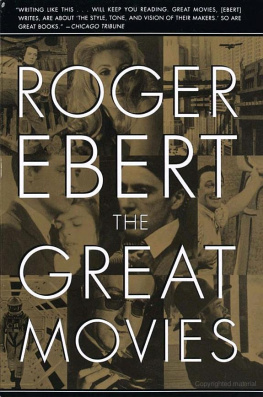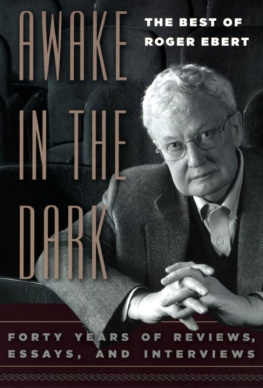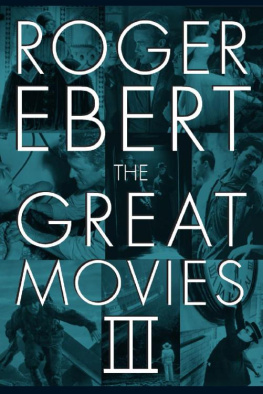Ozu International
Ozu International
Essays on the Global Influences
of a Japanese Auteur
Edited by Wayne Stein and Marc DiPaolo
Bloomsbury Academic
An imprint of Bloomsbury Publishing Inc

For Andrea and Lee-Shawn
Wayne
For Michael Shugrue
Marc
Marc DiPaolo
In The Films of Mike Leigh: Embracing the World (2000), controversial film scholar Ray Carney cites Yasujiro Ozu as a central creative influence on Mike Leigh and draws parallels between the stylistic and narrative concerns of the Japanese and British directors. Both auteurs craft character-driven stories set in the domestic spheres of their homelands; grant dramatic weight to the perspectives of multiple, parallel characters instead of privileging one protagonists worldview, and create the illusion that narrative time unfolds in a manner that mimics the viewers real-world experience of time (76, 108, 117, 206). Most importantly, Carney suggests, both men are comic-realist filmmakers:
The dramatic potential of a fundamentally light or playful relation to experience is something Leigh could have learned from Ozu. Both Leighs and Ozus styles embody essentially comical or loose relationships to their own material that overlap with the comical, playful, or loose attitudes of their own most interesting characters. They hold experience lightly. It would, in fact, be not too much to argue that this Mozartian tone is Ozus supreme gift to cinema (even though any notice of it has been almost completely omitted from the tone-deaf writings of commentators like David Bordwell) (Bordwell 1988, 193194).
Though this biting dismissal of Bordwells Ozu and the Poetics of Cinema (Bordwell 1988) seems argumentative, humor is, indeed, central to Ozus oeuvre, and scholars on the whole do tend to undervalue or fail to discern humor in art. Still worse than being humorless, Carney contends, academic writers on filmmakers such as Ozu tend to be misguided ideologues.
Carneys scholarly project is concerned primarily with identifying a small handful of directors like Ozu and Leighincluding Tarkovsky and Casseveteswho make humanistic films that encourage viewers to perceive the world directly instead of viewing it through an ideological lens. Since the explosion of dogmatic thinking is central to these filmmakers artistic aims, Carney contends, scholars who come to those directors eager to apply dogmatic thinking to their films via the application of a theoretical or cultural studies reading to a filmic text are missing the point. Cultural studies critics violently reduce the films of both Leigh and Ozu to simple ideological thesis statements in a piece of academic writing and, in the process, lay waste to the noble, carefully constructed humanism of the films. Therefore, Carney would argue, those who come to Ozus films with a viewing methodology already in place have never merely watched the films or experienced them the way Ozu and other humanistic filmmakers intended their movies to be experienced.
While Carney goes too far decrying all forms of cultural studies scholarshipand while he would certainly hate my cultural studies writingsthere is something to what he argues. Certainly, in Against Readings (Edmundson 2009), Mark Edmundson voiced similar complaints about ideologically motivated readings finding exactly what they set out to find, making every text functionally the same, and closing off more interesting avenues of thought than they open. In the Edmundson vein, Carneys seemingly nave approach is humanistic, focuses on the ways in which international films cross cultural boundaries to speak to global audiences, and owes much to an outmoded species of literary criticism I was taught to embrace as an undergraduateNew Criticism. The New Criticism approach to literature emphasizes careful reading, respect for language and craft, and wallows in the experience of the text itself, but it is a limited and somewhat conservative approach to the experience of reading.
Quite possibly, Carneys model viewer of Ozu would be the late film critic Roger Ebert. Ebert felt that Ozu was underappreciated in the Unites States and did what he could to draw attention to one of his favorite directors by underlining the accessibility, dramatic power, and universal appeal of Ozus movies. Anyone could relate to Ozus characters, Ebert explained in Saluting a Master of the Cinema, Yasujiro Ozu (1993):
We are programmed to think in terms of foreign films, as if somehow their values are just as foreign as their languages. With Ozu, that is not the case. Last winter I taught a class on the greatest films of all time, as selected in an international poll held every 10 years by Sight & Sound magazine. One of the films was Ozus Tokyo Story (1953). Most of the class members hadnt seen an Ozu film before, and were not necessarily looking forward to it, so I was surprised by the intensity of their response. As Ozus story unfolded, telling of the old couple who come to visit their children and are received correctly but distractedly, there was first of all complete silence in the auditorium, and then I began to hear snuffling and the blowing of noses, and when the movie was over and the lights went up it was clear that for many of the viewers it had been a powerful emotional experience. Weeks later, when the class ended, it was agreed that none of the other greatest films had equaled the Ozu in its emotional impact.
There is an irony there, because for many years Ozu was considered by Japans film authorities to be too Japanese to be understood by Western audiences.
By focusing on the reader-response or viewer response watching an Ozu film in the here and now, Eberts Ozu is alive in the present and his work has visceral immediacy. This Ozu is the maker of movies more than a half-century old that can make young people cry. In contrast, Louis Giannettis Understanding Moviesa standard first-year film studies textbook since the 1970suses Ozu as an example of a brilliant-for-his-time, conservative filmmaker whose work seems tame compared to the more stylistically adventurous films made by David Lynch, John Waters, or Jean-Luc Godard. Ozu is, literally, Giannettis textbook example of old school, especially in comparison to the more modern Kurosawa (Giannetti 2002, 485). The left-handed compliment paints Ozu, essentially, as that Japanese fellow who always makes movies about fathers who are sad after their daughters marry and leave them alone in their empty house drinking sak, waiting for death, while the camera sits filming their pain at the level of the tatami mat. These fathers probably wanted to arrange their daughters marriages, but their young, rebellious offspring went and married for love and rejected their superior, traditional, non-American values.
That is the textbook, old school Ozu stereotype. There is a measure of truth in it. We all know why that memorable image of Chishu Ryu sitting alone is iconic, whatever iteration of it we call to mind first. Indeed, this anthology even contains an essay by J. M. Hammond that offers a trenchant analysis of the iconic image. Still, we do not want the apparition of lonely Chishu Ryu to loom so large in our memories that it engulfs all other Ozu visualsthat it seems to us as if it is the only moment Ozu ever filmed. This powerful, memorable moment should not cause us to forget that Ozu also made college comedies and gangster films, as well as other movies that break this mold, such as Floating Weeds and Good Morning. It would be better to have a broader view of the Ozu filmography or a more emotional reaction to the first film you have seen of his at Eberts screening than to understand
Next page
